Saliva is an important substance when it comes to oral hygiene. As well as keeping our mouth moist and clean, it also helps to control the levels of bacteria and fungi. If we don’t produce adequate amounts of saliva, it can lead to dryness and discomfort. Dry mouth, also known as Xerostomia, can occur for many different reasons. Some of these causes are harmless and relatively easy to rectify, but others can be an indication of a more serious condition. This condition can also lead to gingivitis and tooth decay.
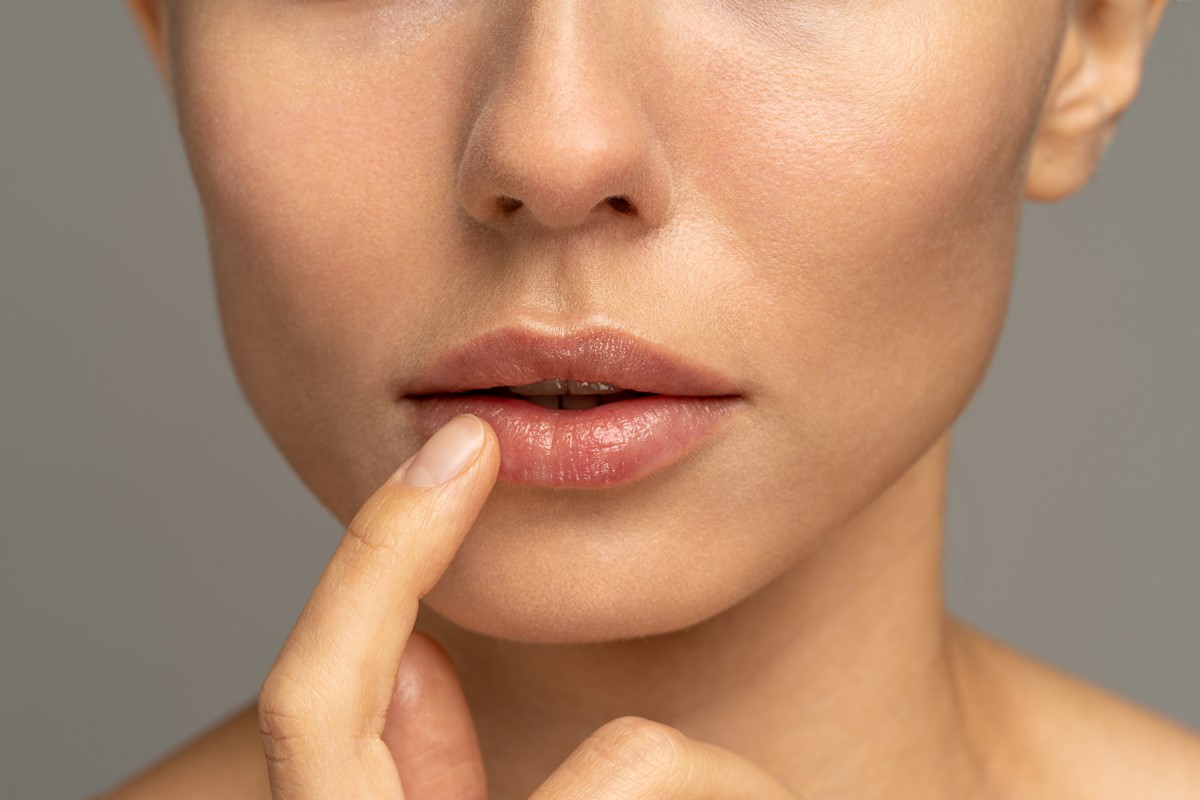
Symptoms
If you have dry mouth, you will experience stickiness in the mouth, frequent thirst, sores and cracked lips, dry throat and bad breath. You could also suffer from a burning sensation in the mouth or on the tongue - the tongue might also appear red and raw. Some might have difficulty speaking or swallowing or suffer from hoarseness.
Causes
Dry mouth may be a side effect of certain medications. Many drugs such as antihistamines, decongestants, diuretics, bronchodilators, muscle relaxants and sedatives can all contribute to the causes of dry mouth. You will most likely be using these kinds of drugs if you are suffering from conditions including depression, allergies, colds, acne, epilepsy, diarrhea, nausea, asthma or Parkinson’s Disease.
Dry mouth might also occur if you are suffering from certain types of diseases or infection. Conditions that will cause dry mouth include HIV/AIDS, Alzheimer’s Disease, anemia, diabetes, Sjogren’s Syndrome, rheumatoid arthritis, cystic fibrosis, Parkinson’s Disease, stroke, mumps and hypertension.
Medical treatment might also lead to Xerostomia. If you are undergoing chemotherapy treatment, you might experience some dryness in the mouth. This occurs as a result of damage caused to the salivary glands, the part of the body that is responsible for supplying us with saliva.
Other causes of dryness in the mouth could be dehydration or nerve damage. If you are not retaining enough water, you will become dehydrated. Fever, sweating, vomiting, diarrhea and burns can all lead to dehydration. If nerve damage to the head or neck occurs, this might lead to dry mouth. In addition to these causes, you might experience dry mouth as a result of smoking or chewing tobacco, or even if you constantly breathe with an open mouth. If you have had your salivary glands removed, this will likely lead to some mouth dryness.
Treatment
If your dry mouth is being caused by ingestion of medicines, ask your doctor to change the medication or dosage. You might also try an oral rinse, which will help to restore moisture. Salagen, a medication that promotes saliva production, can also be used. Otherwise, be sure to drink plenty of water, brush your teeth with a fluoride toothpaste, breathe through the nose and, if necessary, use a room vaporizer to add moisture to the air in your bedroom.




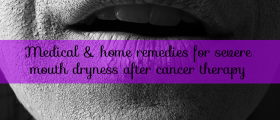
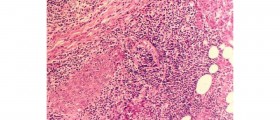

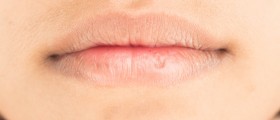

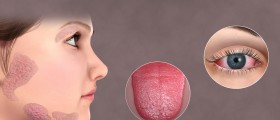

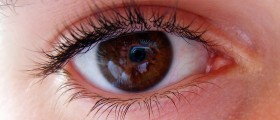
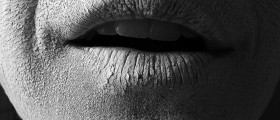
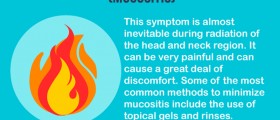



Your thoughts on this
Loading...